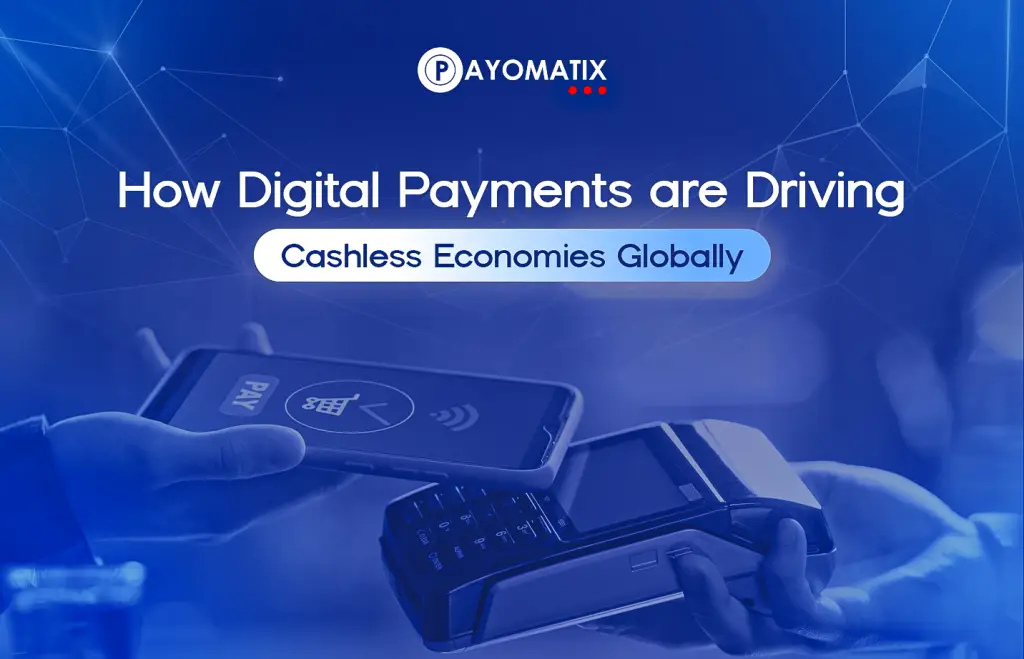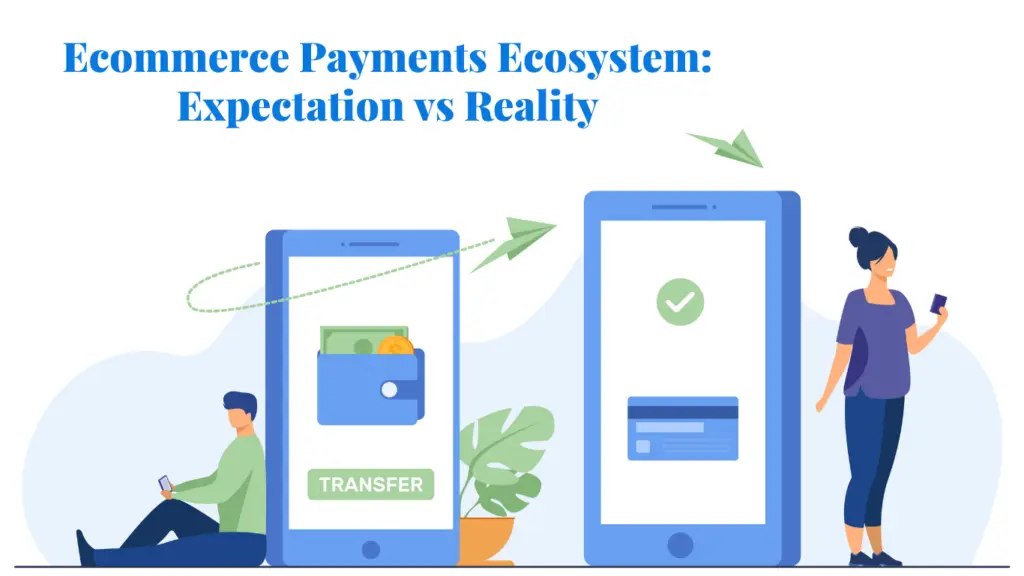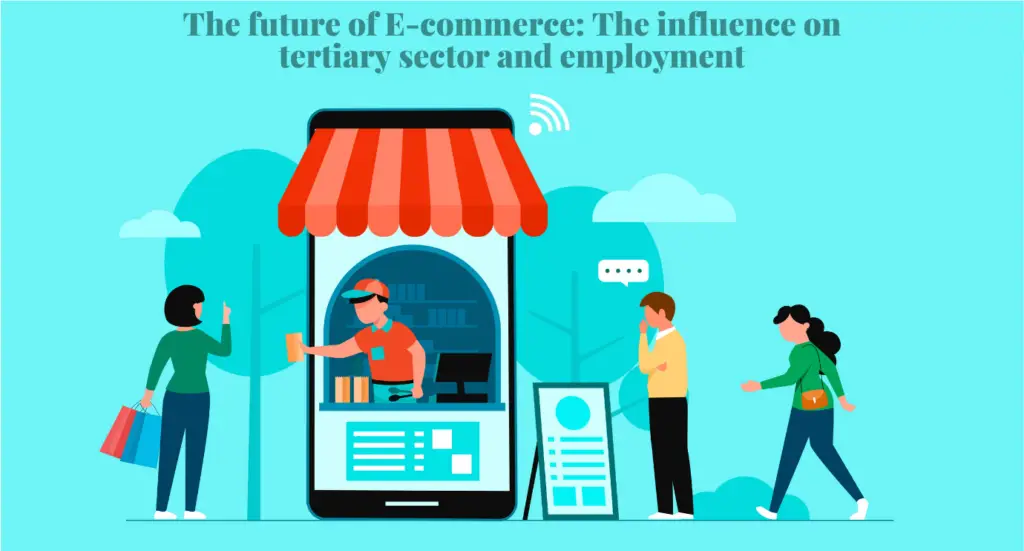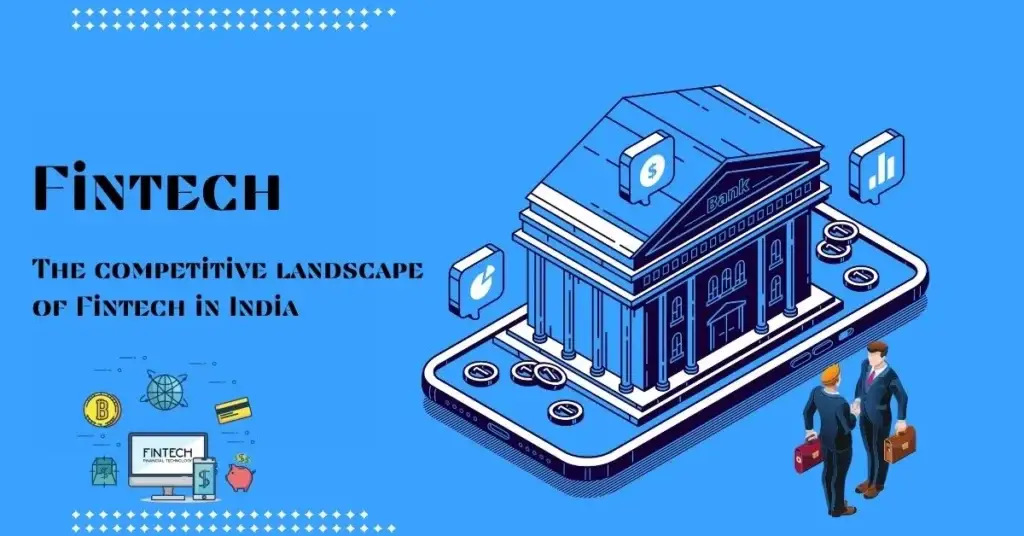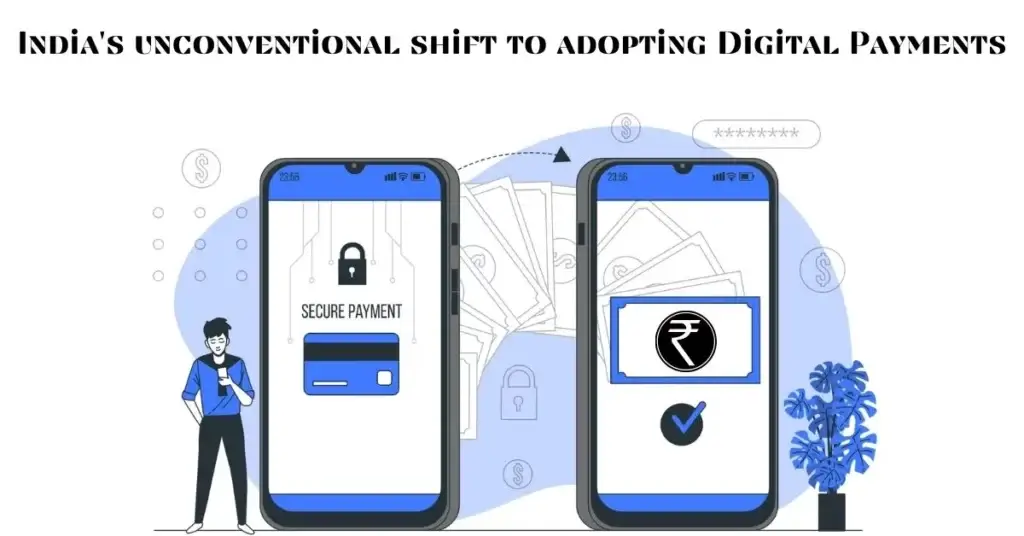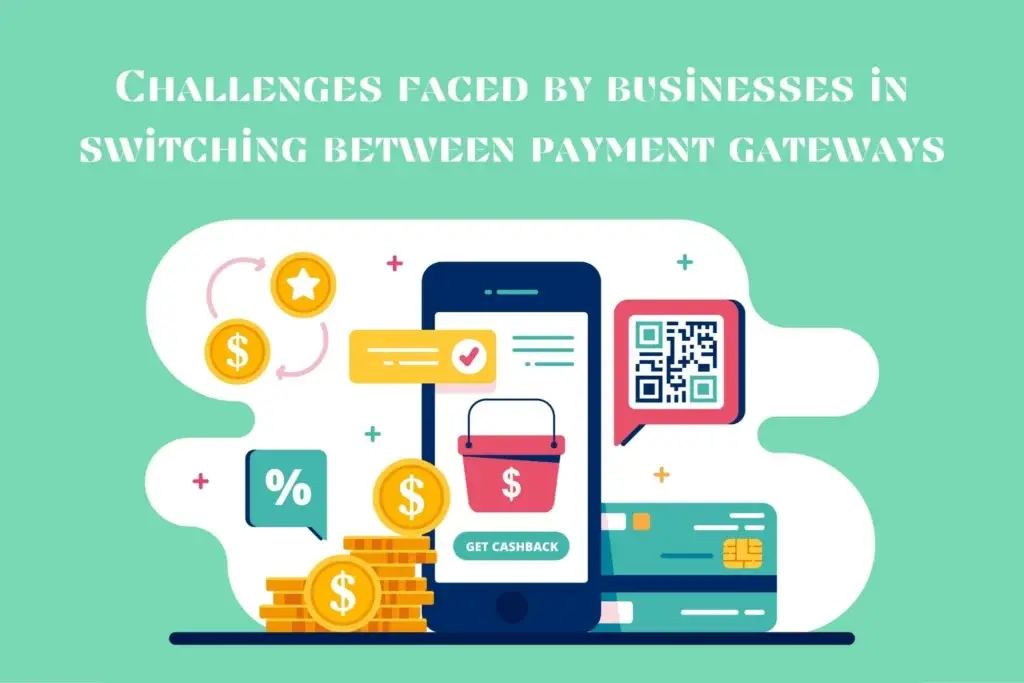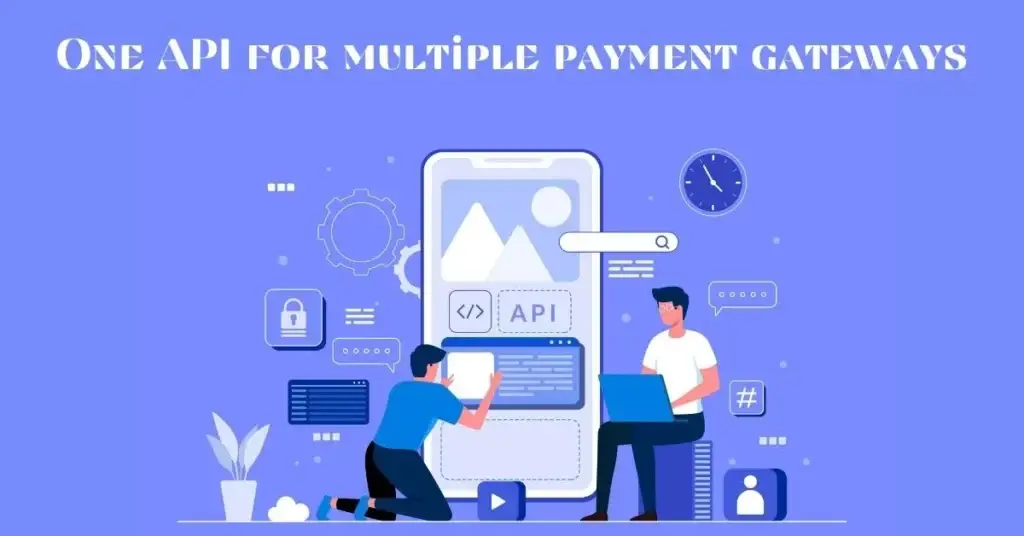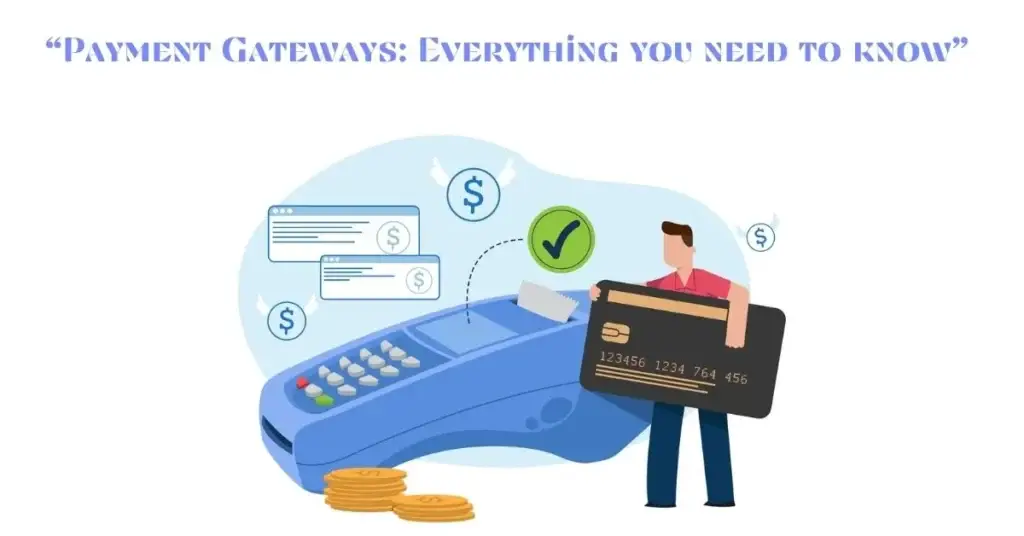The digital transformation sweeping across industries has not spared the financial sector, especially in the payments landscape. Over the last decade, we’ve witnessed a seismic shift in how consumers and businesses transact, driven primarily by the rapid adoption of digital payment technologies. Countries around the globe are embracing the move toward cashless economies, where digital payments become a key driver of convenience, security, and financial inclusivity.
This article delves into how digital payments are reshaping economies globally, the key
technologies fueling this shift, the benefits and challenges associated with going cashless, and the role fintech companies like us play in accelerating the transition to cashless societies.
Introduction: The Global Shift Toward Cashless Economies
As technology becomes deeply integrated into everyday life, many countries are actively reducing their reliance on physical cash. A cashless economy, where financial transactions are conducted digitally, eliminates the need for money in circulation and increases efficiency in financial systems. This shift is largely driven by the proliferation of digital payments, powered by mobile devices, internet connectivity, and fintech innovations.
From mobile wallets and contactless payments to biometric authentication and blockchain technology, digital payments have become the cornerstone of a cashless society. Countries such as Sweden, China, and India are leading this revolution by adopting digital payments at an exponential rate, while others are quickly catching up.
Technologies Driving Digital Payments
Mobile Payments: The rise of smartphones has democratized access to financial services, enabling users to pay for goods and services through mobile wallets like Apple Pay, Google Pay, and Paytm. These wallets allow users to store their payment information securely and use it for fast, contactless transactions.
UPI (Unified Payments Interface): In countries like India, UPI has revolutionized the way money is transferred between bank accounts. It is one of the world’s most advanced digital payment infrastructures, enabling instant and secure peer-to-peer and business-to-consumer transactions.
Contactless Payments: Contactless payments, including NFC (Near Field Communication) technology, have gained traction in recent years, especially with the COVID-19 pandemic accelerating demand for touch-free transactions. With just a tap of their card or smartphone, consumers can complete transactions in a matter of seconds.
Blockchain and Cryptocurrencies: While still evolving, blockchain technology and cryptocurrencies like Bitcoin are redefining digital payments by offering decentralized, secure, and fast payment methods. Countries like El Salvador have even recognized Bitcoin as legal tender, highlighting the potential for cryptocurrencies in cashless economies.
QR Codes: QR code-based payments have seen significant adoption in regions like Southeast Asia and Africa, where traditional banking infrastructure may not be widespread. With QR codes, even small businesses can accept payments digitally without the need for expensive POS systems.
Benefits of Digital Payments in Cashless Economies
Convenience and Speed: Digital payments offer unparalleled convenience. Transactions can be completed with a few clicks or taps, without the need to carry cash or visit physical banks. This speed is beneficial for consumers and businesses alike, enabling faster checkouts and higher transaction volumes.
Increased Financial Inclusion: Digital payment solutions are empowering previously unbanked populations by providing access to financial services via mobile phones. In regions like Africa and India, mobile wallets and digital banking platforms are helping people participate in the formal economy, offering services like savings, credit, and insurance.
Enhanced Security: Unlike cash, which can be lost or stolen, digital payments offer greater security. With advancements in encryption, tokenization, and biometric authentication, digital payment platforms are making transactions more secure and reducing fraud.
Transparency and Efficiency: Digital payments provide a record of transactions, reducing the likelihood of tax evasion and corruption. For governments, this transparency translates into better financial oversight, more accurate tax collection, and reduced reliance on informal cash economies.
Cost Savings for Businesses: Businesses, particularly in the retail sector, benefit from reduced cash handling costs, faster payment processing, and better inventory management when adopting digital payment systems. Additionally, businesses can scale quickly by offering digital payments, expanding their reach to global markets.
Challenges of a Cashless Economy
While the move towards cashless societies presents numerous advantages, it also poses certain challenges that need to be addressed.
Digital Divide: In many developing countries, a significant portion of the population still lacks access to smartphones, stable internet, or even basic banking services. Bridging this digital divide is essential to ensuring equitable access to digital payments.
Cybersecurity Concerns: With the rise in digital transactions comes the increased risk of cyber-attacks and fraud. It is crucial to invest in robust cybersecurity infrastructure to protect user data and prevent financial losses.
Privacy Issues: Digital payments generate vast amounts of data, raising concerns about how that data is collected, stored, and used. Safeguarding user privacy must be a priority for governments and businesses in a cashless economy.
Dependency on Technology: A fully cashless society is highly dependent on technology and infrastructure. Any disruption in digital systems, such as power outages, server failures, or technical glitches, could paralyze the entire economy, making contingency planning essential.
The Role of Payomatix in Shaping the Future of Digital Payments
In this rapidly evolving digital payments ecosystem, fintech companies play a crucial role in enabling businesses to transition seamlessly to cashless operations. Payomatix is leading the way by offering a suite of innovative solutions designed to simplify, secure, and optimize digital payments for businesses of all sizes.
White Label Solutions: Payomatix’s white-label solutions enable businesses to offer their own branded digital payment services, helping them build a personalized customer experience while leveraging the latest in payment technology.
Payobill: A comprehensive bill payment platform, Payobill automates the process of recurring bill payments for businesses, ensuring timely payments and better financial management.
Cashier: Payment Orchestration Platform: The Cashier platform integrates multiple payment gateways, giving businesses the ability to manage all their payments through a single interface. This reduces complexity, enhances payment success rates, and streamlines operations.
PayoCardz: Payomatix offers virtual and physical cards through its PayoCardz service, giving businesses an easy way to manage corporate expenses, employee spending, and supplier payments.
Payment Gateway Services: Payomatix’s robust payment gateway services provide businesses with the tools they need to accept digital payments securely and efficiently. With support for multiple currencies, payment methods, and fraud prevention features, Payomatix’s gateway is built for scalability.
Conclusion
As the world moves steadily towards cashless economies, digital payments are driving this transformation by offering convenience, security, and financial inclusivity. Companies like Payomatix are at the forefront of this shift, providing innovative solutions that address the challenges and opportunities in the global payments landscape.
For businesses looking to stay competitive and embrace the future of digital transactions, partnering with fintech innovators like Payomatix is essential. By offering white-label solutions, payment orchestration platforms, and secure payment gateways, Payomatix is shaping the future of payments and enabling businesses to thrive in the cashless economy

